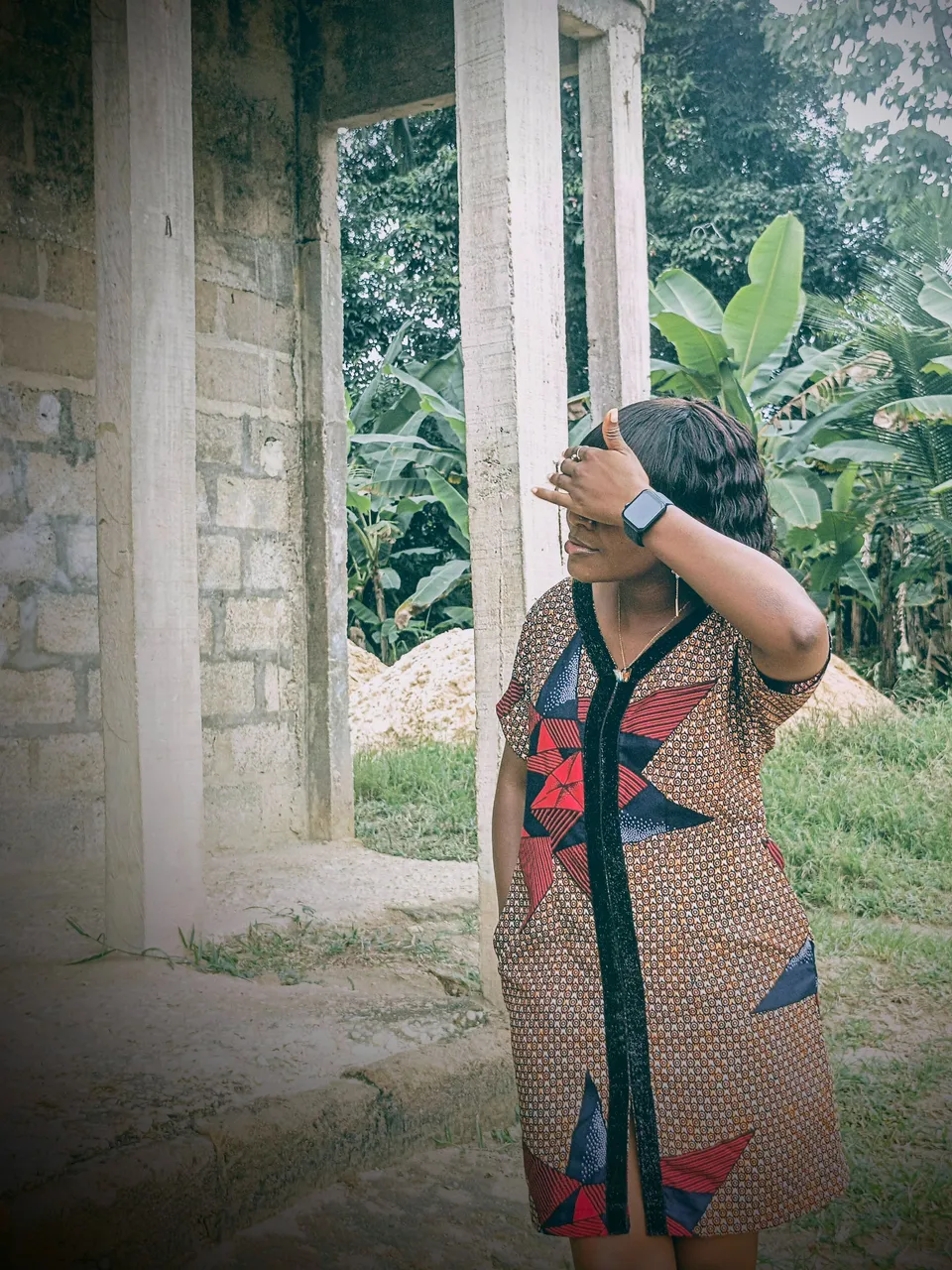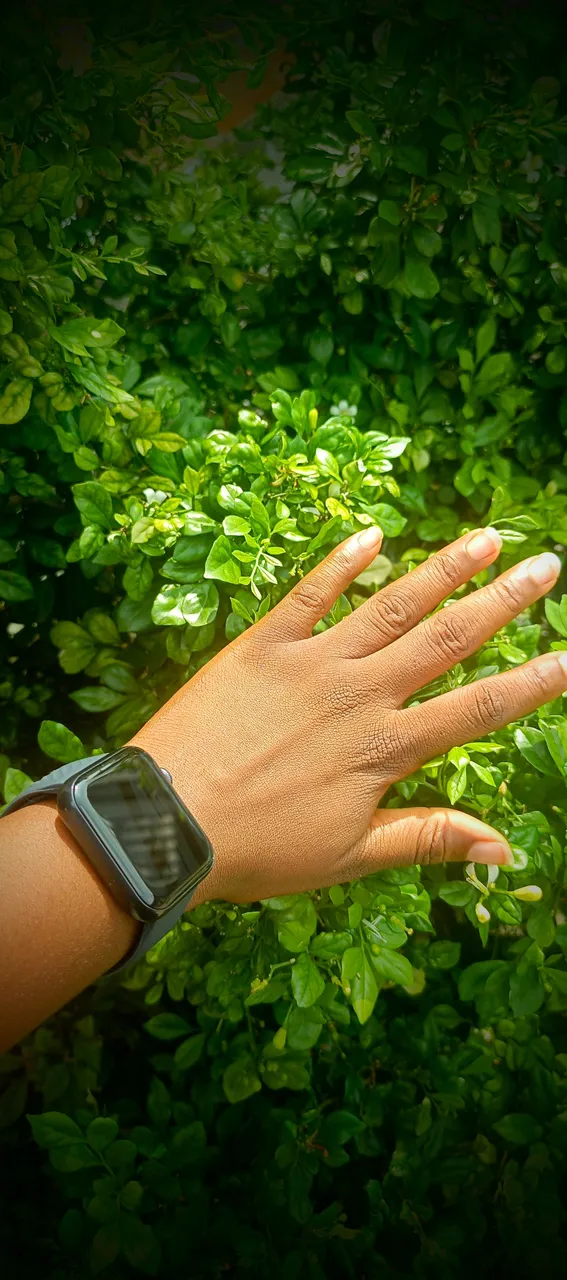Consider this scenario: A young man leaves his house in frustration after his mother asks him to do the dishes; a chore that is actually his younger sister’s responsibility, but she was too lazy to do. As he steps outside, still agitated, he encounters a friend who makes a habitual teasing comment about how big his head looks. Normally, he would just scoff and ignore the joke but on this particular day, already on edge, he reacts differently and ends up getting into a fight.

The conflict escalates, resulting in serious injuries for his friend, who now has to be hospitalized. The friend’s family, not financially buoyant, has to scramble to raise funds for medical bills, borrowing money and this leads to a domino effect of debt and hardship.
At first glance. It's easy to blame the young man for losing his temper and causing trouble, but if we look a bit deeper, we’d realise that the real catalyst was his sister’s refusal to do what she was supposed to do. If she had done the dishes, her brother wouldn’t be burdened with the task and the chain of unfortunate events might never have started. This scenario illustrates an important truth: our actions and even inactions ripple outward, affecting not just us but those around us in ways we often do not anticipate.
We tend to live our lives thinking that our choices impact only ourselves. Yet, every decision we make is like pushing the first domino in a long line; what follows, whether good or bad, can be far-reaching and sometimes unforeseen.
This brings me to the concept of mindfulness. How often do you stop to consider the wider effects of your decisions? Do you act impulsively or do you pause to weigh the potential consequences and the people who might be affected?
I find it interesting and somehow admirable when people describe themselves as “overthinkers”. These individuals naturally explore all possibilities, evaluate outcomes and balance pros and cons before making choices. Remarkably, this reflective process often happens in just seconds or minutes. One can say they are a very mindful set of individuals.
Mindfulness doesn't guarantee a life free of chaos or problems, but it helps us navigate those challenges more gently, guiding us to choose the “softest” path through difficulties rather than crashing headlong into a turmoil.

You don’t need to be an expert thinker or analyst to practice mindfulness. Simply pause and ask yourself before agreeing to or refusing a task: what are the best possible outcomes? What are the worst? If the negative outweighs the positives, that might be your signal to reconsider.
I’d like to share a guiding principle I follow, which I believe many will find helpful: “Do all you have agreed to do”. This rule acts like a compass, ensuring I carefully consider commitments before accepting them. Once I agree, I hold myself accountable to follow through, no backing out. Paired with mindfulness, this golden rule empowers us to take meaningful control of our lives.
Images belong to me.